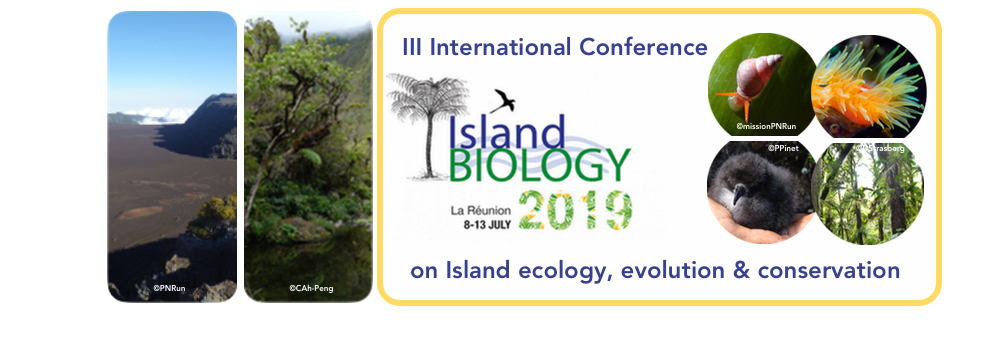Factors affecting species composition on islands have been the subject of considerable research, resulting in a broad understanding of assembly patterns in terrestrial communities. Conversely, our understanding of the factors that shape the diversity of marine organisms in islands is still scarce. This lack of knowledge is more evident when we try to infer on processes promoting speciation since marine populations remain highly connected due to its planktonic dispersion. In this sense, endemic species are fundamental study cases/ units to unravel and interpret the ecological and evolutionary processes shaping the structure of marine communities on islands. Using a dataset derived from reef fish checklists for 75 tropical oceanic islands distributed across six marine biogeographic regions, we first evaluated the relative role of historical, biogeographical and environmental factors in shaping reef fish endemism patterns. We then quantified how functional diversity and functional originality differed between endemic and non-endemic species pools. We found that the proportion of endemic species is influenced mainly by biogeographic (e.g., isolation, area) and historical factors (e.g., island age, distance from Quaternary refugia, past coral area). The proportion of endemic species was indeed found to be higher in islands that were more distant from Quaternary refugia and in regions with low species richness, such as the Eastern Pacific and Eastern Atlantic. This is possibly an outcome of the low connectivity between these islands and past refuges during the Quaternary climatic oscillations, which may have prevented the re-colonization of species after extinction events. We also found that non-endemic species have greater functional richness when compared to endemic species, while endemics have greater functional originality. Island endemics and non-endemics were also found to differ in their life-history traits: endemic species are mainly smaller, whereas non-endemics occupy all body size classes. These results provide new insights into the patterns and processes relative to reef fish endemism and functional diversity in oceanic islands.

|
|
|
|
Reef fish endemism and functional diversity in oceanic islands
1 : Center for Marine Biology, University of São Paulo
(CEBIMar)
* : Corresponding author
Rodovia Manoel Hypólito do Rego, km. 131,5 - Pitangueiras - São Sebastião - SP - Brazil - CEP 11612-109 -
Brazil
|
| Online user: 35 | RSS Feed |

|
 PDF version
PDF version